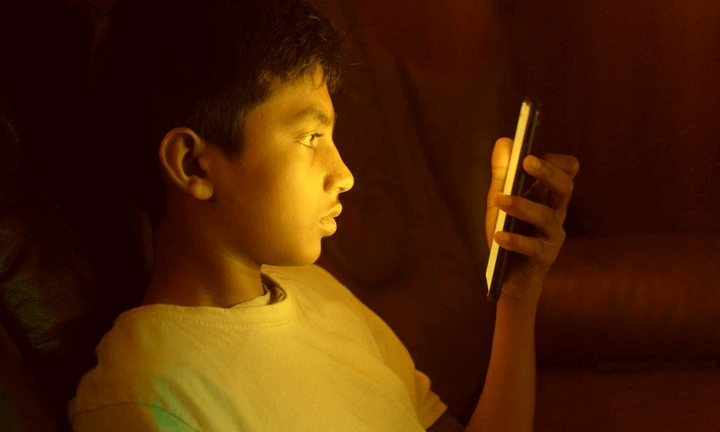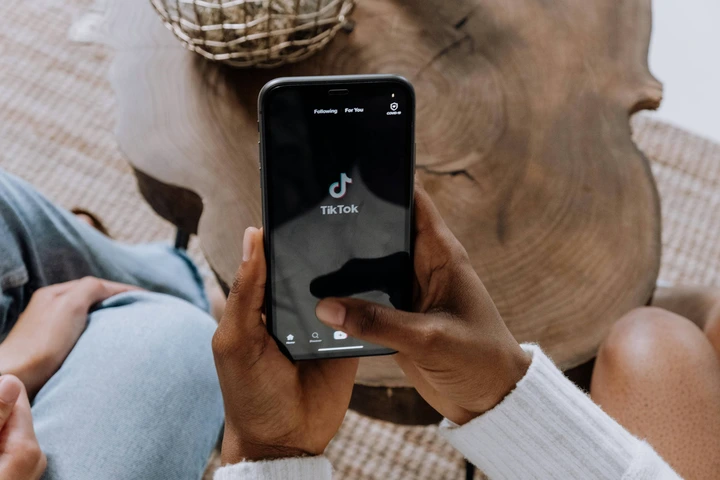
View pictures in App save up to 80% data.
TikTok is currently fighting an existential battle in the U.S. Supreme Court, and so far, it appears that the company’s arguments might not be enough to avoid a ban in the country. The arguments have mostly focused on concerns around national security and free speech, but there is another aspect that could hurt the social media giant.
According to fresh research from the University of California San Francisco, a majority of children are using TikTok against the platform’s age-related policies. It further adds that 11- and 12-year-olds also show signs of addiction, and some hide social profiles from their parents.
The research, which gathered information from 10,000 children nationwide aged between 10 and 15, concentrated on the use of platforms such as TikTok, Instagram, and Snapchat, among others.
Kindly enable Javascript to access this content.
Jason Nagata, MD, a pediatrician affiliated with UCSF Benioff Children’s Hospitals, pointed out that TikTok ranks as the leading social media platform for children, with a usage rate of 67.1%, emphasizing the possible risks it poses to young users.
One-fourth of the children involved in the study reported that they frequently think about social media platforms, and the same proportion indicated that these applications assist them in escaping their issues.

View pictures in App save up to 80% data.
Interestingly, 17% of the children expressed a desire to reduce their social media usage but found it challenging to do so, while a significant 11% considered it harmful to their academic pursuits.
The research, which has been published in the Academic Pediatrics journal, also underlines how social media usage among underage children, some as young as 11 years old, is linked to elevated depression, disruptive behavior, and eating disorders. The findings are not surprising.
The likes of Instagram have received flak for aggravating body image issues among young users. Digital Trend’s investigation also unearthed a dark underbelly of drugs on the Meta-owned platform. Amnesty International’s research recently uncovered how TikTok was serving harmful mental health content to children.
Nagata, the lead author of the study, emphasized that "policymakers must consider TikTok as a significant social media concern and implement robust strategies to safeguard children in the digital space."
The research paper suggests policymakers should also focus on how platforms like TikTok are harming children. Moreover, the experts recommend stronger age verification on social media platforms, more robust parental control tools, and tighter privacy protocols.










